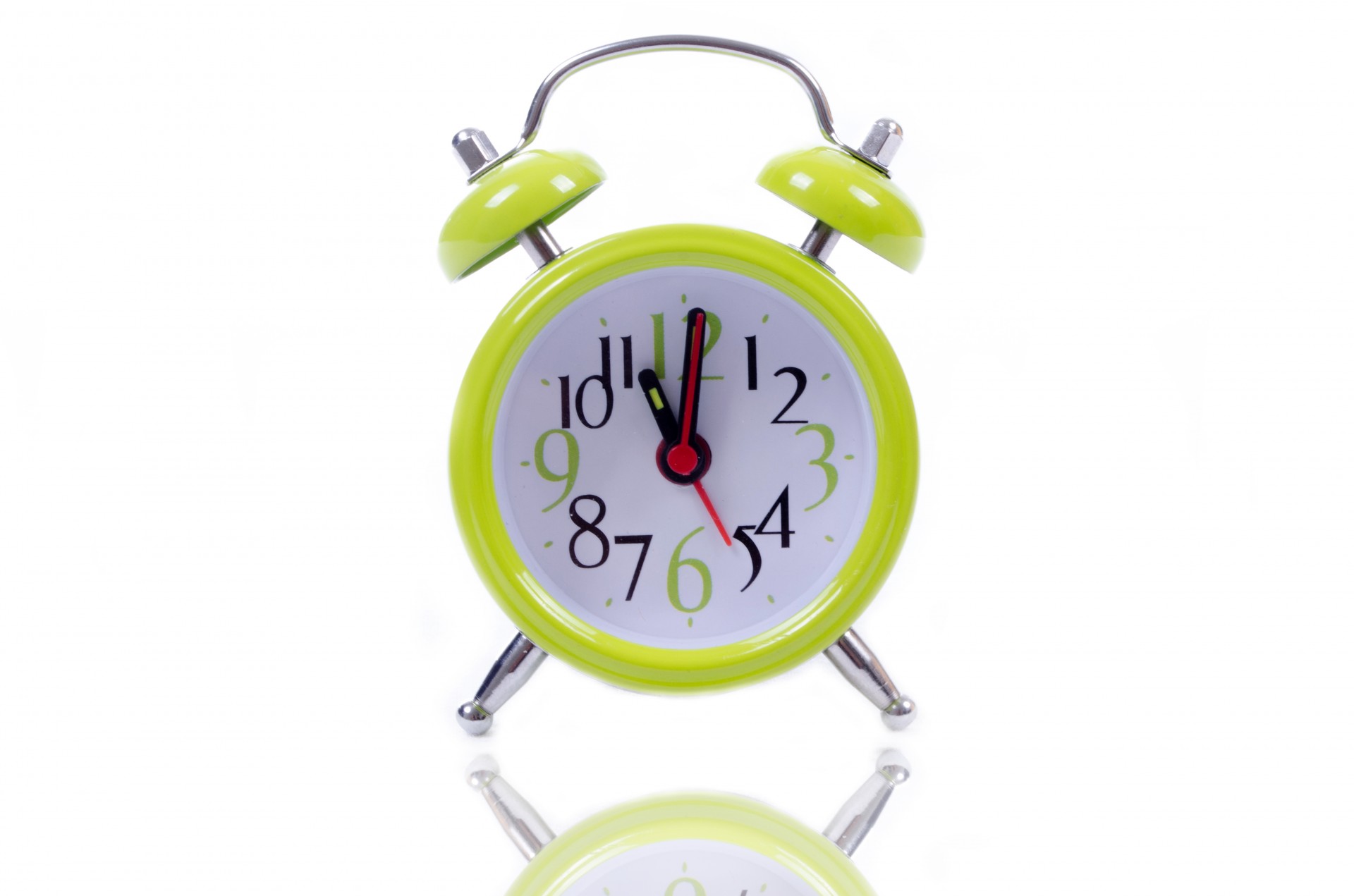 It’s that time of year again – time to set your clock back an hour, this Sunday. Here are “4 Tips to Help Your Body Adjust” from the Cleveland Clinic:
It’s that time of year again – time to set your clock back an hour, this Sunday. Here are “4 Tips to Help Your Body Adjust” from the Cleveland Clinic:
Moving the clock forward one hour in the spring and back one hour in the fall doesn’t just affect your schedule — it can throw off your body’s internal clock, too.
That hour of sleep that’s lost or gained can leave you feeling groggy and irritable. It can also be dangerous. Studies have found that both heart attacks and fatal car accidents increase after the spring shift to Daylight Saving Time.
“In a nation that is already sleep deprived, losing an extra hour can make a huge impact,” says sleep specialist Harneet Walia, MD.
Adjusting to the time change is different for everyone. Some people adjust in a few days; for others, it takes more time. For your health and safety, Dr. Walia offers these tips for dealing with the time change:
- Start preparing a few days early. About a week before “springing forward,” Dr. Walia recommends that you start going to bed 15 to 30 minutes earlier than your usual bedtime. Your body needs that bit of extra time to make up for the lost hour.
- Stick to your schedule. Be consistent with eating, social, bed and exercise times during the transition to Daylight Saving Time. Exposing yourself to the bright light in the morning will also help you adjust, Dr. Walia says.
- Don’t take long naps. Shutting your eyes mid-day is tempting, especially if you’re feeling sluggish. But avoiding naps is key for adjusting to the time change, as long daytime naps could make it harder for you to get a full night’s sleep. “If you have to take them, take them early and for no longer than 20 minutes,” Dr. Walia says.
- Avoid coffee and alcohol. Put down coffee and caffeinated beverages four to six hours before bedtime. Alcohol also prohibits you from getting quality sleep, so avoid it late at night.
Good habits for good sleep
Bedtime routines aren’t just for kids! It’s also important for adults to establish good sleep hygiene habits.
Before bed, slow your body down. Raising your body’s core temperature can make it harder to sleep, so avoid heavy workouts within a few hours of bedtime.
Put your phone, computer or tablet away. Turn off the television and pick up a non-suspenseful book. (Electronics’ high-intensity light stimulates your brain and hinders melatonin, a hormone that triggers sleepiness.)
Staying consistent with the amount of sleep you get each night helps, too — and that includes weekends. “Sleeping in on weekends may sound like a good idea, but it can disrupt your sleep cycle,” Dr. Walia says.
Last but not least, use the bed only for sleeping. “Your mind adjusts to the habit of getting into bed for sleep,” she says.


